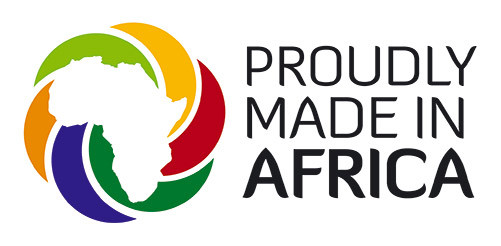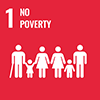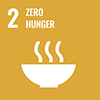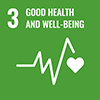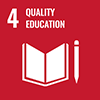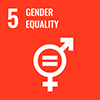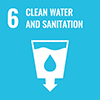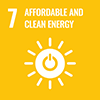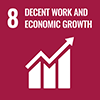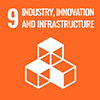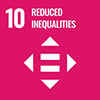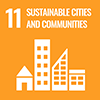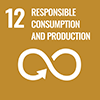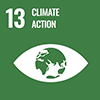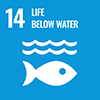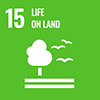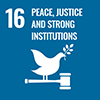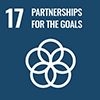Proudly Made In Africa
BACKGROUND
Proudly Made in Africa is a not for profit organisation that assists African producers of high quality, finished products to find a buyer in Ireland. We select only the products that have the most social benefit for local communities in terms of employment standards, gender equality and links to smallholder farmers. Exporting fully processed goods instead of raw commodities results in a much higher percentage of their value staying in African countries and many more opportunities for families to gain livelihoods and exit poverty. Our development education programme is designed to complement our work and to build understanding of the actual and potential economic links between Ireland and Africa.
CURRENT PROJECTS
The Proudly Made in Africa Fellowship in Business and Development is our flagship education programme delivered to third level business schools across Ireland. Since its inception in 2013, it has successfully built ties to 15 universities and colleges, reached almost 20,000 students and been influential in shaping the business minds of the future to the opportunities Africa presents today. The programme is based at UCD’s business school, where teaching on Africa business is now part of the mainstream curriculum. PMIA embraces the Sustainable Development Goals particularly those related to poverty alleviation, decent work and innovation.
Our work in development education includes a Transition Year learning resource which focuses on Ireland's relationship with Africa and in particular with its Partner Countries, trade barriers, Africa's changing image and the effects of underdevelopment on business. It does this through the use of a diverse range of learner-centred activities and tasks that help the young learner develop a wide range of skills and knowledge. It teaches students about Ireland’s relationship with particular African countries – Ethiopia, Lesotho, Tanzania, Mozambique, Uganda and Zambia. Learners find out more about these countries, and about how they are linked to Ireland by trade. They consider perspectives of residents of these countries and examine how individuals have/can overcome barriers to forming successful businesses. In examining the role of business in development, business-oriented students explore the options available in seeking ways to combat poverty through trade.
- Sectors:
- Higher Education
- Adult Community Sector
